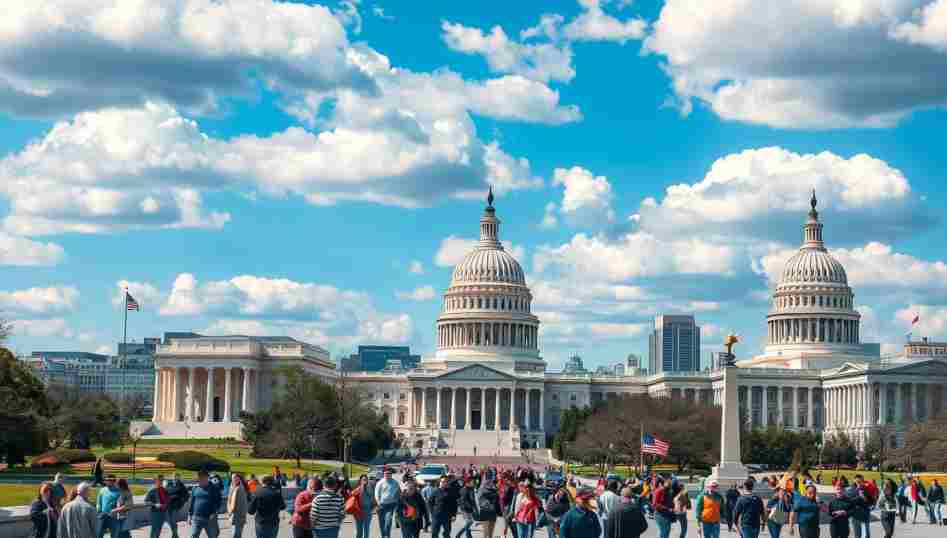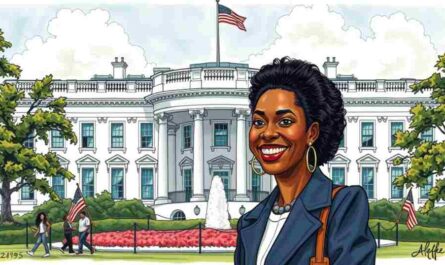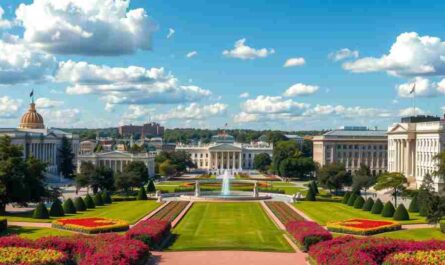$7 latte costs more than his mother’s monthly electric bill
The Day Starbucks Became a Luxury Brand
SEATTLE, WA – Kofi Mensah walked into his first American Starbucks with $10, confident he could buy coffee and maybe a snack. He walked out with a grande latte, no snack, and the distinct feeling he’d been robbed by someone wearing a green apron and a smile. “Seven dollars,” the 26-year-old from Ghana repeated to himself outside, staring at his receipt like it was a ransom note. “For coffee. Not a car. Not a phone. Coffee. Brown water with milk that costs more than my cousin’s weekly salary.”
Back in Accra, Mensah’s morning coffee cost 3 cedisroughly 50 cents. It came from a street vendor named Auntie Abena who had been making coffee since before Mensah was born. “She uses actual coffee beans, adds real milk, gives you a smile, and charges less than your tip jar minimum,” he explained to his American roommate, who nodded while spending $6.50 on cold brew that was just regular coffee that someone forgot to heat up.
When Coffee Requires a Payment Plan
According to USA Today, Americans spend an average of $1,100 per year on coffeemore than most Ghanaians spend on rent. Mensah did the math: his mother’s entire monthly electricity bill in Accra costs less than two venti caramel macchiatos. “Your coffee is priced like medicine,” he observed. “Except medicine sometimes cures things. This coffee just cures your wallet of money.”
Kevin Hart said, “I’m not cheap, I’m just financially responsible.” Mensah agrees. He’s so financially responsible that he now makes coffee at home using a $4 jar of Folgers that his coworkers mock. “They call it ‘cheap coffee’ while spending $40 a week at Starbucks,” he said, laughing in immigrant financial literacy. “I call it ‘early retirement coffee.’ We are not the same.”
The Menu That Needs a Financial Advisor
Mensah’s first mistake was ordering without looking at prices. His second mistake was adding oat milk, which apparently costs extra because oats are now a luxury grain. “It’s oats,” he protested weakly. “Porridge. You’re charging me $0.70 for alternative milk made from something we feed horses. This is violence.” The barista, a 19-year-old named Skylar, shrugged sympathetically. “Corporate sets the prices.” Mensah wanted to meet Corporate and ask them why they hate joy.
Jerry Seinfeld said, “What’s the deal with airplane food?” Mensah wants to know what’s the deal with coffee costing more than actual meals. A breakfast sandwich at the same Starbucks cost $5.95. The coffee cost more than the food. “You’ve made drinking more expensive than eating,” he marveled. “That’s not capitalismthat’s a cry for help.”
His American coworkers spend 30 minutes daily in the Starbucks line, which Mensah has calculated costs them $2,100 annually in coffee plus roughly $3,000 in wasted work time. “You could buy a used car with that money,” he suggested during lunch. His coworker Sarah responded: “But then I wouldn’t have my daily treat.” Mensah is still processing how a $7 beverage became the minimum requirement for happiness.
When Basic Coffee Becomes Gourmet Theater
The menu complexity broke Mensah’s spirit. “In Ghana, you order coffee. Here, you perform coffee. What size? What milk? What temperature? How many shots? Any syrups? Would you like your coffee to also do your taxes?” He once watched a woman order something that took 47 words to describe. The barista wrote on six different cups before getting it right. The drink cost $9.75. Mensah’s soul left his body.
Dave Chappelle said, “Modern problems require modern solutions.” Mensah’s modern problem is American coffee culture. His modern solution is explaining to his family back home that yes, people really do spend $8 on coffee, and no, they’re not billionairesthey’re just Americans who’ve accepted financial suffering as a morning ritual.
The Tip Jar That Makes More Than He Does
After paying $7 for coffee, the iPad asks for a tip. The options: 15%, 20%, 25%, or Custom. “For what?” Mensah asked genuinely. “You poured milk into coffee. My grandmother does this for free and also gives me bread.” But the iPad was judging him, the barista was watching, and the people behind him were waiting, so he tapped 15% and felt his ancestors weep.
Chris Rock said, “You know the world is going crazy when the best rapper is a white guy.” Mensah knows the world is crazy when coffee costs $8 and you’re expected to tip on top of that. “We’re tipping before service now,” he observed. “You haven’t even made my coffee wrong yet and I’ve already paid you extra for the privilege.” His coffee was indeed made wrong. He did not complain. The financial trauma was too fresh.
The specialty drinks are worse. A “Pumpkin Spice Latte” costs $7.45 for 16 ounces of what Mensah describes as “coffee that tastes like a candle store had a breakdown.” When he mentioned it doesn’t taste like coffee, his coworker explained, “That’s the point.” Mensah is still unpacking this logic. “You pay more for coffee that tastes less like coffee. This is the American dream, apparently.”
When Third Wave Coffee Meets Third World Prices
Mensah made the mistake of entering a “third wave” coffee shop where a single origin pour-over costs $9 and takes 15 minutes to make. “The barista told me about the coffee’s ‘journey,'” he reported, traumatized. “It was grown in Ethiopia, roasted in Portland, and served with condescension. My uncle grows coffee in Ghana. He doesn’t tell storieshe just sells it for reasonable prices like a sane person.”
Bill Burr said, “I’m not going to apologize for being successful.” These coffee shops aren’t apologizing for their prices either. They’re celebrating them with chalkboard menus and baristas who have opinions about water temperature. Mensah ordered a regular coffee. The barista asked, “Which origin?” Mensah said, “Hot and brown.” The barista looked personally wounded.
The Cold Brew That Costs More Than Heating Bills
Americans will pay $6 for cold brewcoffee that someone forgot to heatbecause it’s been “steeping for 24 hours.” Mensah calculated that at that rate, the coffee costs $0.25 per hour of steeping time. “My mother works for $2 an hour,” he said quietly. “Your coffee steeps for more money per hour than people in my country earn.” Nobody made eye contact.
Amy Schumer said, “I’m not saying I’m lazy, I just really love not doing things.” Mensah’s not lazyhe just really loves not spending $8 on coffee when his Folgers costs $0.12 per cup and tastes like financial responsibility. His coworkers call him “smart with money.” He calls them “why Americans have no savings.”
The final insult came when Mensah discovered “coffee subscriptions” where people pay $40 monthly for the privilege of paying regular prices for coffee. “You’re paying to pay,” he marveled. “This is a subscription to spend money. It’s like Netflix except instead of shows, you get financial regret and caffeine addiction.” His roommate has three coffee subscriptions. Mensah has three savings accounts.
When Coffee Becomes a Personality
Last week, Mensah’s coworker Emily said, “I can’t function without my morning Starbucks.” Mensah, who woke up at 5am every day in Ghana and walked two miles to school without coffee, had questions. “You’ve made coffee your entire personality,” he observed. “In my country, we just drink it and move on. You people Instagram it, post about it, make it your Tinder bio. It’s coffee. It’s not a lifestyleit’s just hot bean water with an attitude problem.”
Trevor Noah said, “In Africa, we have real problems.” Mensah agrees: “Americans have $7 coffee and still complain they’re tired. Maybe you’re tired because you’re spending rent money on beverages. Maybe the problem isn’t caffeineit’s your relationship with money and coffee shops that play indie music too loud.”
When asked if he’ll ever adjust to American coffee prices, Mensah shook his head while drinking his $0.12 Folgers from a mug his grandmother sent him. “Why would I adjust to being robbed daily?” he asked. “Your coffee prices are what happens when nobody says ‘that’s too much’ and everyone just keeps paying. Back home, if Auntie Abena charged $7 for coffee, we’d assume she’s funding a secret mansion. Here, it’s called ‘artisanal.’ You people have mistaken exploitation for quality, and that’s sadder than any coffee could fix.”
He’s not entirely wrong. His Folgers costs $48 annually. His coworkers spend $1,200 at Starbucks. They’re tired. He’s caffeinated and debt-free. The real question isn’t why Mensah won’t adjustit’s why Americans have normalized financial abuse disguised as morning routine. But nobody wants to hear that truth at 7am. They’re too busy waiting in line for their $8 coffee, wondering why they can’t afford rent, blaming avocado toast instead of their daily venti sugar milk that costs more than his mother’s electricity bill.
SOURCE: Bohiney Magazine (Aisha Muharrar)
DATE: 11/7/2025

 by
by 

